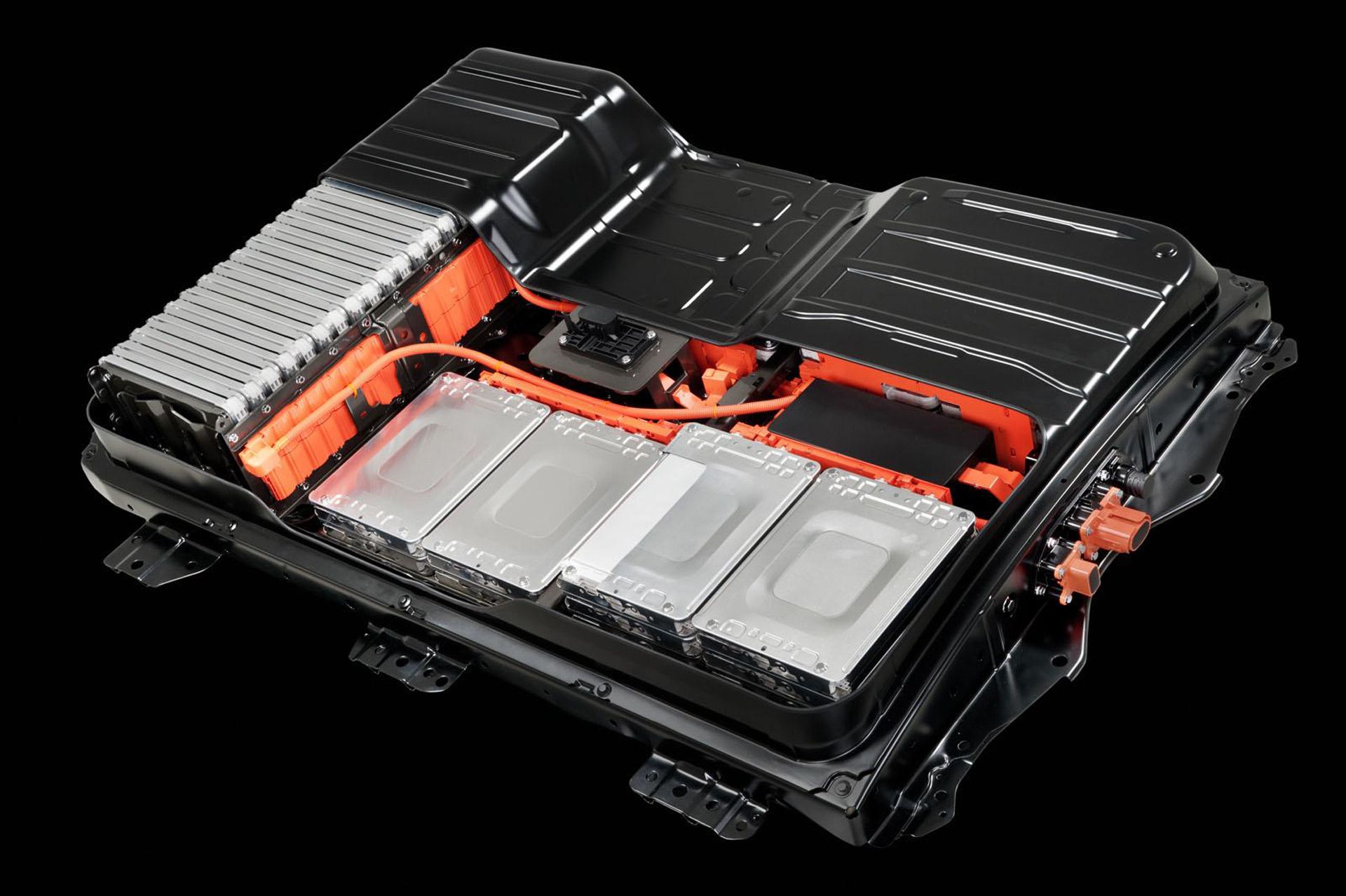Benefits of solid-state batteries on EV
Lithium-ion batteries have been serving electric cars, they haven't been perfected to serve well, however, soon they will be replaced with that of solid-state. The EV manufacturers seem to love the solid one because of the higher range, faster charging, and more affordable electric cars.


"We don't mind adopting electric cars but range, and unreliability of electricity is pulling us behind" These are some of the comments I get every time we start discussing about EVs.
Lithium-ion batteries have been serving electric cars, they haven't been perfected to serve well, however, soon they will be replaced with that of solid-state. The EV manufacturers seem to love the solid one because of the higher range, faster charging, and more affordable electric cars.
A solid-state battery consists of a tightly compressed arrangement of hard materials rather than the slightly mushy stew that makes up a typical lithium-ion (li-ion) battery. Some of the benefits of solid-state batteries include:
- High density. This could mean an EV with two or more times the current range, or possibly an EV with the same range but with a much smaller, lighter, and less expensive battery that charges faster.
- Faster charging. Estimates of an 80% charge in 15 minutes. The performance will be faster compared to the current Lithium-ion batteries.
- The battery lasts longer. The solid-state battery is part of GM's plan to produce a million-mile life battery, changing the equation of EV affordability and reducing concerns about mountains of toxic batteries that need recycling after 100,000 to 150,000 miles.
- Heat controller. Solid-state designs promise less likelihood of thermal runaway, which can cause a fire. as compared to the Lithium-ion which has been fond of fires, the solid-state will be prone to fire because the battery itself can control the amount of thermal in the car.
Anything good must have its bad side, despite the solid batteries being advantageous it also has some few challenges here and there such as:
- Expansion and contraction. The batteries are very sensitive to natural changes batteries undergo as they charge and discharge. Such movement can corrupt the tight, precise arrangement of solid-state materials and cause the battery to fail if not controlled or designed for such behavior.
- Dendrites. These are invasive, root-like structures that can grow in a solid-state battery, breaking up the precise division of material layers and causing the battery to fail.
- Expense. As a new tech, solid-state batteries are still fabulously expensive until they reach greater scale and manufacturing refinement.
Few words have been picked from: www.cnet.com/roadshow/news/how-solid-state-batteries-can-transform-electric-cars/




